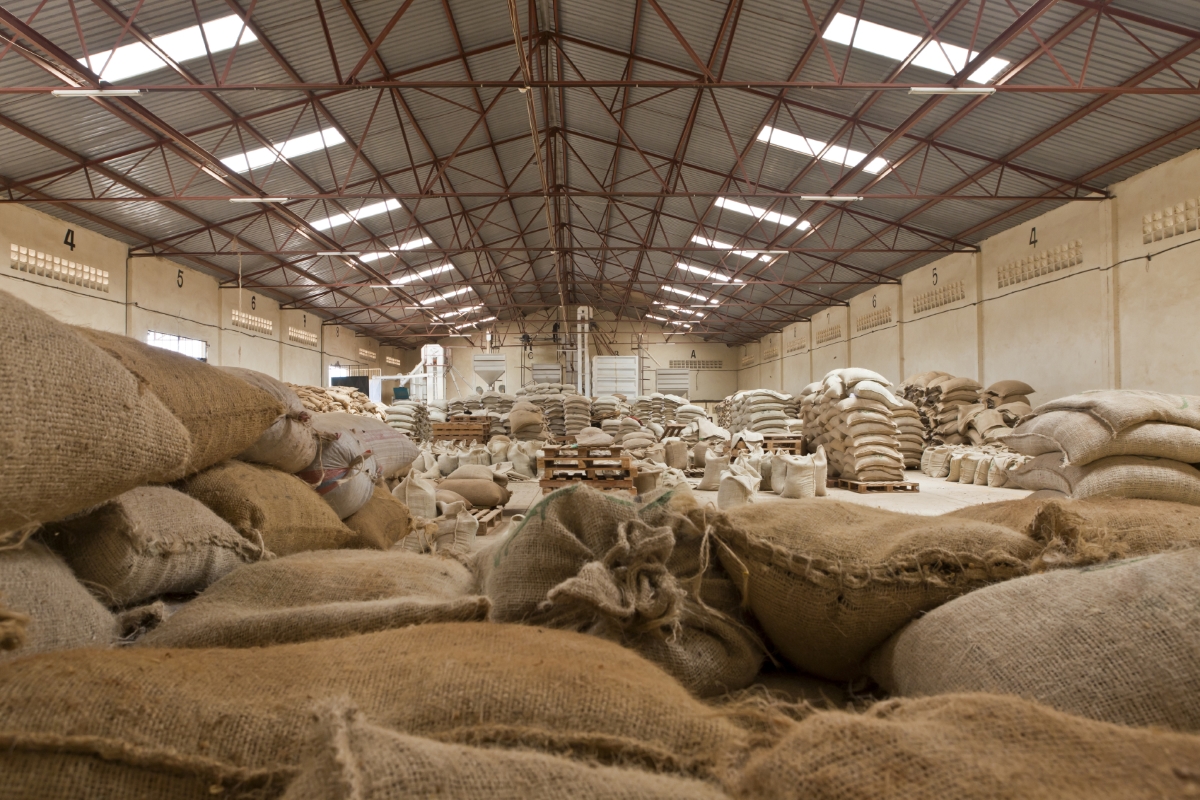Understanding Raw Materials Inventory Turnover: Key Insights
Understanding Raw Materials Inventory Turnover: Key Insights
Raw materials inventory turnover is a critical metric in supply chain management that measures how efficiently a company uses its raw materials to generate finished goods. It indicates how often the inventory is replaced over a specific period, providing insights into the company’s production efficiency and inventory management. Here’s a comprehensive guide to understanding, calculating, and improving raw materials inventory turnover.
What is Raw Materials Inventory Turnover?
Raw Materials Inventory Turnover is a financial ratio that shows how many times a company’s inventory of raw materials is used and replaced over a certain period, usually a year. It helps businesses understand their production efficiency and manage inventory levels more effectively.
Formula for Inventory Turnover
The raw materials inventory turnover ratio is calculated using the following formula:
Inventory Turnover Ratio=Cost of Goods Sold (COGS)Average Raw Materials Inventory\text{Inventory Turnover Ratio} = \frac{\text{Cost of Goods Sold (COGS)}}{\text{Average Raw Materials Inventory}}
- Cost of Goods Sold (COGS): The total cost of raw materials and labor used to produce goods sold during a specific period.
- Average Raw Materials Inventory: Calculated as the sum of the beginning and ending inventory of raw materials, divided by two.
Example Calculation
Suppose a company has a COGS of ₦10,000,000 for the year and an average raw materials inventory of ₦2,000,000. The inventory turnover ratio would be:
Inventory Turnover Ratio=₦10,000,000₦2,000,000=5\text{Inventory Turnover Ratio} = \frac{₦10,000,000}{₦2,000,000} = 5
This means the company replaces its raw materials inventory five times a year.
Importance of Raw Materials Inventory Turnover
- Efficiency Indicator: A high inventory turnover ratio indicates efficient use of raw materials and effective production management. It suggests that the company quickly converts raw materials into finished goods.
- Cost Management: Efficient inventory turnover reduces holding costs, minimizing expenses related to storage, insurance, and obsolescence.
- Liquidity Improvement: A higher turnover ratio can improve cash flow by reducing the capital tied up in inventory, allowing more resources to be allocated to other operational needs.
- Demand Planning: Understanding inventory turnover helps businesses align their production schedules with market demand, reducing the risk of stockouts or excess inventory.
Strategies to Improve Inventory Turnover
- Optimize Order Quantities: Implement economic order quantity (EOQ) models to determine the optimal order size, balancing ordering and holding costs.
- Enhance Supplier Relationships: Collaborate closely with suppliers to ensure timely delivery and reduce lead times, enabling more responsive production planning.
- Improve Demand Forecasting: Use advanced forecasting techniques to predict demand more accurately, aligning production schedules and inventory levels with market needs.
- Implement Just-In-Time (JIT) Inventory: Adopt JIT inventory systems to minimize stock levels and reduce waste, improving turnover by purchasing raw materials only when needed.
- Regular Inventory Reviews: Conduct periodic reviews of inventory to identify slow-moving or obsolete stock and adjust purchasing strategies accordingly.
Tools for Managing Inventory Turnover
1. ERP Systems
Enterprise Resource Planning (ERP) systems like SAP and Oracle offer integrated solutions for managing inventory, production, and financial data, providing real-time insights into inventory turnover.
2. Inventory Management Software
Tools such as Fishbowl and TradeGecko offer features like inventory tracking, order management, and reporting, helping businesses optimize their inventory turnover.
3. Analytics Platforms
Business intelligence platforms like Tableau and Power BI can analyze inventory data, providing visual insights and trend analysis to support decision-making.
Conclusion
Raw materials inventory turnover is a vital metric for assessing production efficiency and managing inventory costs. By understanding and optimizing this ratio, businesses can enhance their supply chain management, reduce costs, and improve operational performance. Implementing strategies such as better demand forecasting, supplier collaboration, and using advanced tools can significantly improve inventory turnover, leading to greater profitability and competitiveness.
For more insights and solutions related to inventory management, visit Wigmore Trading.








Comments are closed.